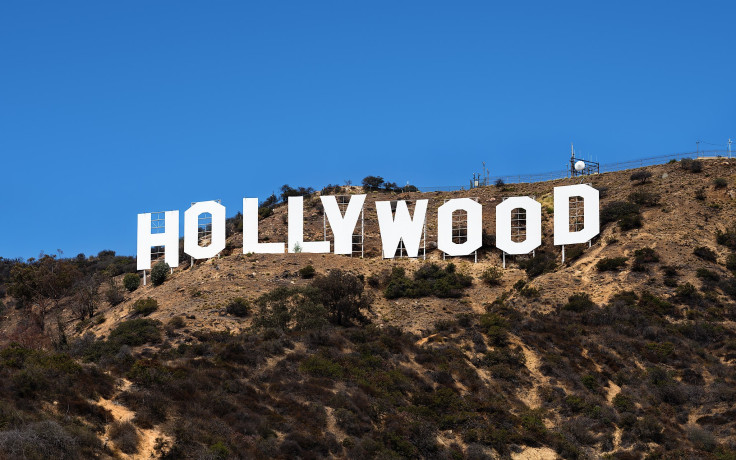Strike Fears Hit Hollywood As Writers Begin Contract Talks With Studios: What Are Their Demands?
KEY POINTS
- The negotiations are aimed securing a new three-year contract
- The previous contract is scheduled to expire on May 1
- The guild is seeking higher compensation and better workplace standards
The Writers Guild of America kicked off high-stake negotiations with Hollywood studios Monday to secure a new three-year contract that is scheduled to expire on May 1. The bargaining proposals are being closely monitored by industry stakeholders as many fear it could result in the first strike in nearly 15 years and hit several film and television projects.
The first round of negotiations, expected to last two weeks, began at the Sherman Oaks headquarters of the Alliance of Motion Picture and Television Producers (AMPTP), a trade organization that represents prominent studios such as Warner Bros. Disney, Walt Disney and Amazon, as per CNN. After two weeks of negotiations, there will be a short break. Bargaining talks will continue further to finalize an agreement before May 1.
Writers argue that a rise in streaming services has crumbled their efforts to make a living in the industry. At the same time, a number of studios have laid off people recently after facing disappointing subscriber numbers, which has alarmed their work prospects.
"The economic challenges facing writers are deepening and becoming existential," Chris Keyser, a writer and co-chair of the negotiating committee, told LA Times.
Through these negotiations, the 11,500-member Writers Guild is seeking higher compensation, better workplace standards and an increase in contributions to pension and health funds, which will altogether cost about $600 million, according to the guild's top negotiator Ellen Stutzman. The guild wants studios to include the streaming economy in the writers' compensation packages.
While shows and movies continue to rise on streaming platforms like Netflix and Amazon Prime Video, a majority of writers are earning less than they were in the traditional TV business.
For years, writers have been surviving on residual fees — money paid on a film/series' rerun or air broadcast. However, these fees have been plummeting with the rise of streaming platforms where the number of episodes has been reduced to eight to 10. With the traditional broadcast television model, on the other hand, writers were able to get paid more for a minimum of 20-22 episodes per season. In addition, studios have also lowered the number of writers working on shows.
"Writers have been undervalued for some time, but the move to the streaming model has made it a desperate situation," Keyser told Financial Times. "The business is broken. Writers can't make a living."
The guild is also calling on the studios to set up standards and regulations around the use of AI technology in view of the rise of platforms like ChatGPT.
Meanwhile, the AMPTP, led by president Carol Lombardini, said it is participating in the negotiations "with the long-term health and stability of the industry as our priority."
"We are all partners in charting the future of our business together and fully committed to reaching a mutually beneficial deal with each of our bargaining partners," the AMPTP said in a statement to CNN. "The goal is to keep production active so that all of us can continue working and continue to deliver to consumers the best entertainment product available in the world."

© Copyright IBTimes 2025. All rights reserved.






















